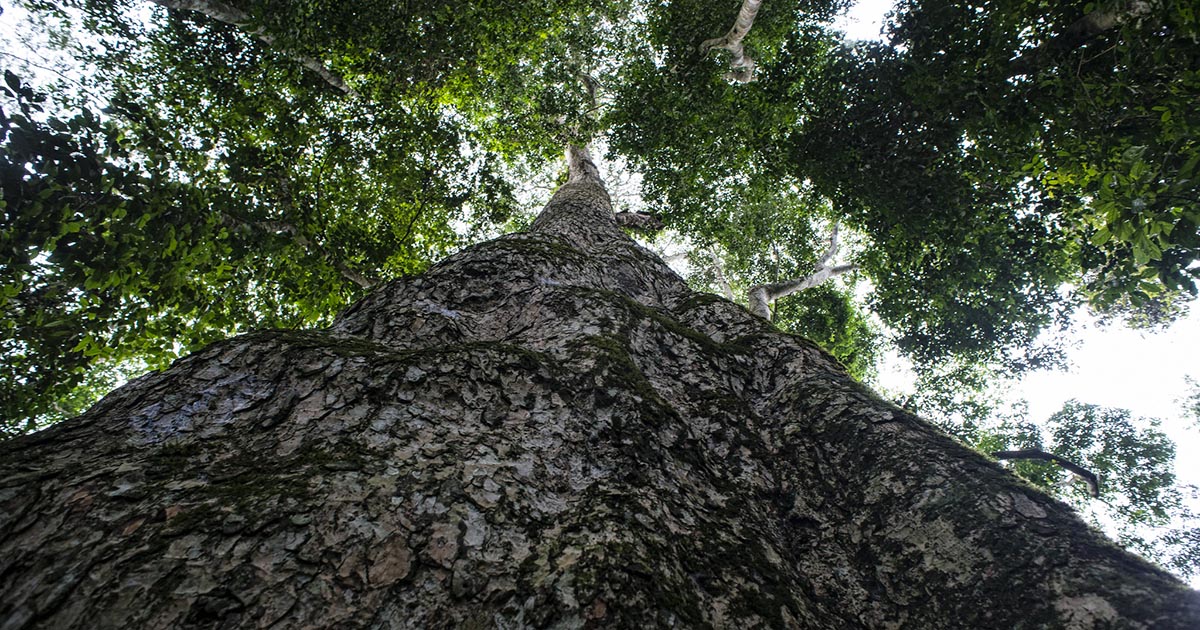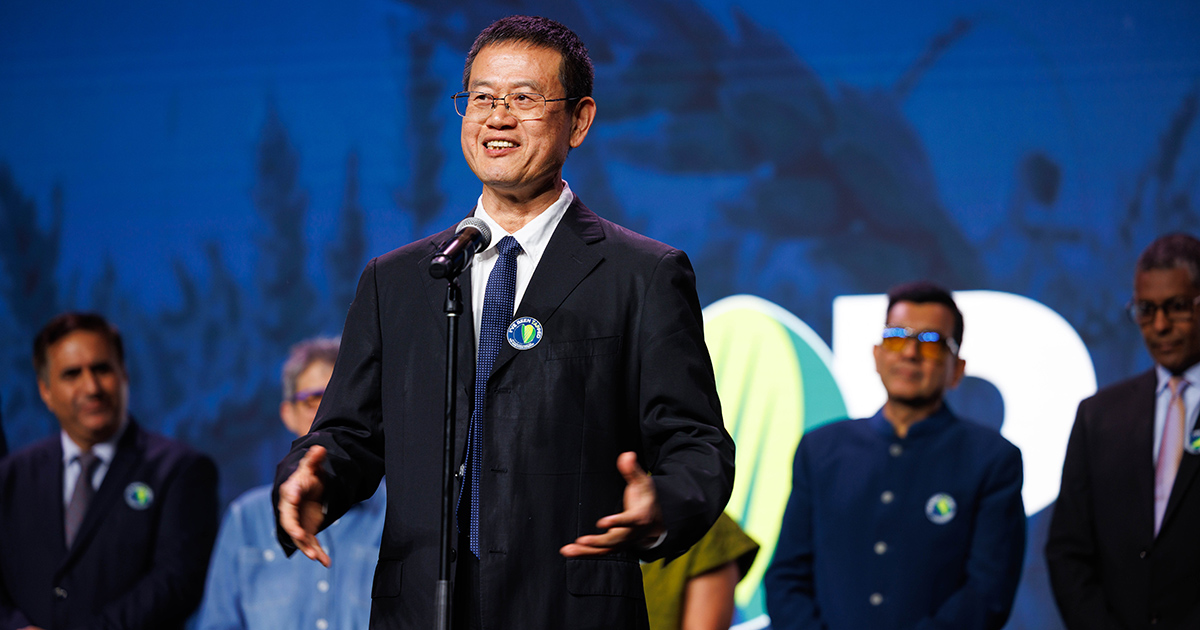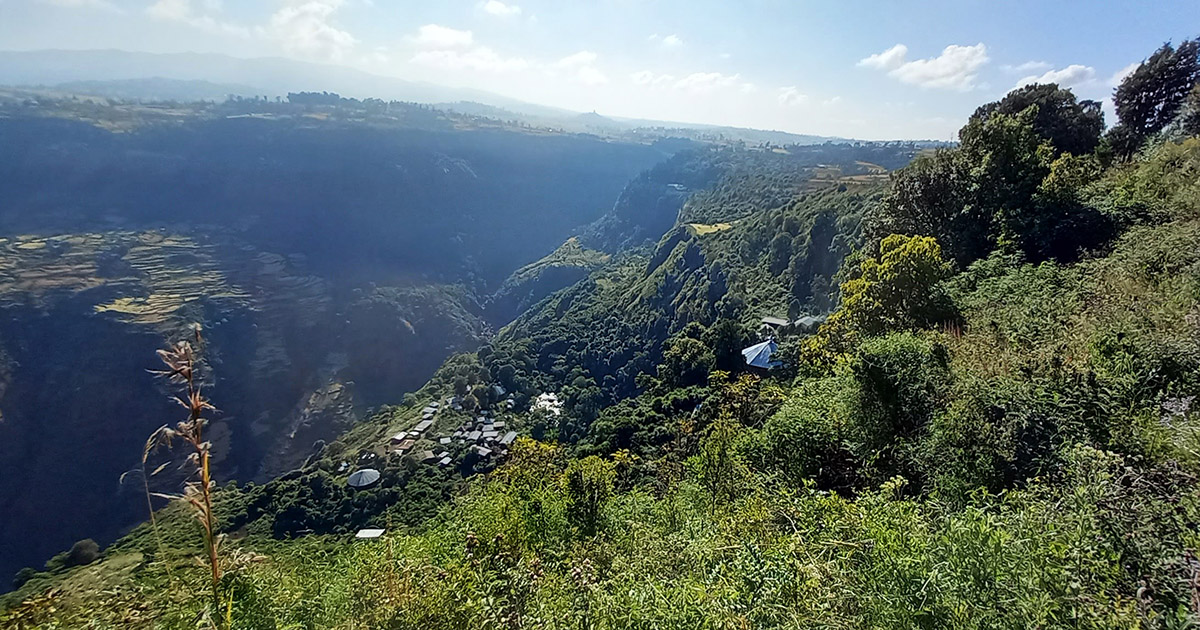Forest restoration is a key strategy in tropical regions for mitigating global warming and improving local livelihoods, yet despite significant international donor investments, its effectiveness in Central Africa remains poorly documented. This study systematically reviewed forest restoration initiatives involving local communities, analyzing 64 publications covering 26 projects, most of which applied agroforestry techniques and relied on exotic species. These efforts were predominantly implemented in the Democratic Republic of Congo (12 initiatives), Cameroon (11), Cameroon & Gabon (1), Rwanda (1), and the Central African Republic (1). Findings reveal that most restoration projects followed pre-established technical approaches without sufficient engagement with local communities, lacked monitoring and data-sharing mechanisms, and rarely incorporated prior consent, land arrangements, or benefit-sharing components. To enhance sustainability, this study recommends fostering genuine partnerships with local people, even if it requires adjusting project objectives, and establishing robust monitoring systems to improve future restoration initiatives. These insights are crucial for guiding donors and policymakers toward more effective, community-centered approaches that ensure long-term success in forest restoration efforts across Central Africa.
DOI:
https://doi.org/10.1007/s11842-025-09586-6
Altmetric score:
Dimensions Citation Count:

Publication year
2025
Authors
Peroches, A.; Dubiez, E.; Fayolle, A.; Koutika, L-S.; Mapenzi, N.; Vermeulen, C.; Oswald, M.; Lescuyer, G.
Language
English
Keywords
forest conservation, restoration, agroforestry, land management, community forestry, community involvement, forest plantations, governance, cost benefit analysis, systematic reviews, literature reviews
Source
Small-scale Forestry.
Geographic
Democratic Republic of the Congo, Cameroon, Gabon, Rwanda, Central African Republic















